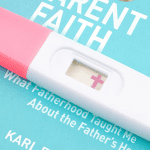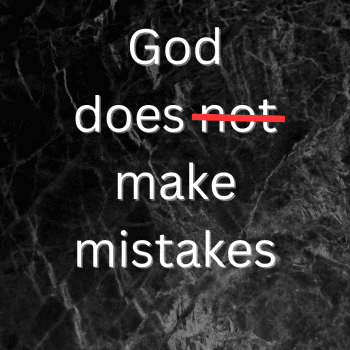
It is fairly easy to get a feel for the things Jesus thought were important. His messages and actions were pretty straightforward and the things he said weren’t that hard to interpret. 2000 years of various brands of religion and the multitude of political and ideological thought certainly has created a need for libraries of books and methodologies to make sense of the layers we have piled on top of the basic things he taught. In other words, most of our time is spent interpreting and explaining our interpretation instead of just accepting the simple things he said.
Jesus’ messages were simple: love your neighbor, love your enemies, do to others what you would want them to do to you – don’t judge, have mercy, be peacemakers – really simple, basic things. When someone speaks simply and clearly, we often like to add things to what they say. “You probably meant to say this…,” we assume. I think the best writers use the fewest words, but when they do this, they often have to respond to critics assuming what they meant to say with, “No, I didn’t mean to say that.” We often place assumptions on Jesus.
The one thing Jesus never said is, “Write this down!”
Maybe, it was because Jesus had a lot of issues with the Hebrew Scriptures. When reciting them, he often changed the wording or just left out the violent parts. Several different groups weaponized the Hebrew Scripture to use it against him. He spent much time refuting and debating with these well-meaning scholars, but eventually just tells them outright, “You have heard (Scripture), but I say…” in the Sermon on the Mount. Even though he corrected their assumptions, he never said to write down the new ones.
The writings that we associate with the New Testament like the gospels, the history (Acts) and the letters of Peter, Paul, and John were not composed for at least 30 years after his death. If he did secretly tell them to write these things down, they ignored it for a long time. The oral tradition, even though unreliable, seemed to be the preferred method of remembering what happened.
He also didn’t tell them to organize it in a book
Most people know that the Bible didn’t become organized into a book until about 300 years later. The motivation behind this may have been more influenced by the Roman Emperor, Constantine, than the church. When Constantine united the empire with the church, there instantly became a need for greater control and uniformity. From that day forward, we have consistently spent less time trying to live the simple things Jesus prescribed and much more time arguing over the details of the book.
So how should we see the Bible? Pete Enns shared this useful metaphor from Walter Bruggeman in his blog, The Bible: Cookbook or Compost Pile:
The Bible Is the compost pile that provides material for new life. I do not use this figure as an irreverent metaphor to suggest that the Bible is “garbage.” Rather, I use it to suggest that the Bible itself is not the actual place of new growth. Our present life, when we undertake new growth, is often inadequate, arid, or even barren. It needs to be enriched, and for that enrichment, we go back to the deposits of old growth that have been discarded, but that continue to ferment and may contain resources for a way to new life. (Texts Under Negotiation, pp. 61-62)
Being a gardener, I understand this illustration to echo what Paul said, that the Scriptures are useful (2 Tim. 3:16). They nourish the roots of our faith, but they are also messy and sometimes smelly and not the thing that is to beworshipped or idolized. They help bring vibrant life to our faith, but they are not themselves the life. Jesus said something like that once (John 5:39). If the compost illustration is too vulgar for you, I have heard Brain Zahnd describe the Bible as the soil out of which our faith grows.
At the risk of being too simple, the Bible is about as important as we make it out to be. If it were as important as we think, Jesus surely would have made a bigger deal about putting it together, getting it right, and making sure everyone reads it. But, I am pretty sure Jesus never told anyone to read Scriptures either.
I still read Scripture, but not like I used to. The Spirit really can guide us if we are open. My hope is that in the future we do less arguing about the intricacies of the book and start living by the example of the man. If you believe what John wrote, He is the word and the way.
I want to focus more on the words and way of Christ and less on defending the book that Jesus never told anyone to write or read.

Karl Forehand is a former pastor, podcaster, and award-winning author. His books include Apparent Faith: What Fatherhood Taught Me About the Father’s Heart and the soon-to-be released Tea Shop. He is the creator of The Desert Sanctuary and Too Many Podcasters podcasts. He is married to his wife Laura of 32 years and has one dog named Winston. His three children are grown and are beginning to multiply!
Photo by PhotoMIX Company from Pexels













